Chief Warden's Message
Welcome to the Hostels of OP Jindal University
At OP Jindal University, we understand that a comfortable and supportive living environment is crucial for your academic success and personal well-being. As the Chief Warden, it is my privilege to introduce you to our hostel facilities, which are designed to cater to the diverse needs of our students.
We have three well-equipped hostels:
Each hostel offers a range of room options, including AC and Non-AC rooms, ensuring that you can choose the accommodation that best suits your preferences. Our hostels provide a safe, secure and peaceful environment for you to focus on your studies and engage in recreational activities.
The essential element of hostel life is the probability of making new friends. Students from different families with diverse personalities stay together under one roof, which empowers the ability to develop a good understanding of different natures and minds along with adaptability.
Key Features and Facilities
Centralized Mess
A spacious mess hall with a capacity of 450 students, offering wholesome and nutritious meals.
Recreational Amenities
Engage in fun and healthy activities such as pool, table tennis, and carom, all available in the common areas.
24/7 Security and Support
Our hostels are equipped with round-the-clock security and dedicated staff, including single entry-exit security gate under CCTV surveillance.
OPJU University has fostered a safe and secure hostel environment over the past 14 years, managed by a dedicated team of wardens, assistant wardens, and caretakers residing nearby. Our three hostels—Hall of Residence-1, Hall of Residence-2, and Hall of Residence-3—are supported by various committees and strict policies to ensure a healthy, harmonious atmosphere.
We aim to provide a balanced hostel experience, allowing students to excel academically, build lasting friendships, and enjoy a comfortable and enriching stay at OPJU.
Dr. Mukesh Shyamkant Desai
Chief Warden
Associate Professor (Sr. Grade) of Mechanical Engineering
+91-9109977045
Boy's Hostel Authority
Dr. Mukesh Shyamkant Desai
Chief Warden
Associate Professor (Sr. Grade) of Mechanical Engineering
Mr. Rakesh Patidar
Warden
Assistant Professor (Sr. Grade) of Electrical Engineering
Dr. Trinath Talapaneni
Warden
Associate Professor of Metallurgical Engineering
Dr. Vikash Kumar
Warden
Associate Professor of School of Management
Mr. Joginder Pal
Estate Manager
Mr. Manish Kumar
Sr. Assistant Warden
Mr. Bhakta Sethi
Deputy Warden
Mr. Vipin Kumar Gupta
Assistant Manager
Mr. Nadeem Ahmed
Asst. Hostel Administration
Mr. Roushan Kumar
Hostel Assistant
Girl's Hostel Authority
Dr. Mahasakti Mahamaya
Warden
Associate Professor, Civil Engineering
Ms. Sujata Panda
Counsellor
Assistant Professor (Sr. Grade)
Prof. Namrata Ojha
Warden
Assistant Professor, School of Management
Ms. Arundhati Sharma
Warden
Assistant Professor, Computer Science and Engineering
Ms. Jyoti Sahu
Assistant Warden
Mrs. Hemlata Sarthi
Junior Warden
Mrs. Geeta Patel
Hostel Assistant
Mrs. Rani Sharma
Hostel Attendant
Hall of Residences
The University is fully residential and provides accommodation facilities for all students. The name of the halls, type of accommodation, and student strength are listed as follows:
| SN |
Name of Hall Residence |
Type of Accommodation |
No. of Seats |
| 1 |
Hall of Residence 1 |
Single and double occupancy, AC and NON AC: Boys |
472 |
| 2 |
Hall of Residence 2 |
Single, double and triple occupancy, AC and Non AC: Boys |
528 |
| 3 |
Hall of Residence 3 |
Single, Double and Triple occupancy: Girls |
350 |
Each hall at OPJU enjoys administrative and financial autonomy, with students actively involved in managing their affairs. A Hall Executive Committee (HEC), consisting of elected student representatives, oversees hall administration, including mess, finance, and personnel, under the guidance of the Warden and Assistant Warden.
While maintenance of infrastructure like electrical, plumbing, and sanitation is managed by the Chief Warden’s office, individual halls can take on certain responsibilities. The Chief Warden’s office also ensures safety, hygiene, and the overall well-being of all residents.
Hall Administration
The guiding principles of Hall Administration are:
Foster a spirit of brotherhood, bridging differences in home state, academic program, and cultural preferences.
Promote coexistence, cooperation, and mutual trust among hall residents.
Uphold discipline to create a positive academic and social environment.
Provide opportunities for students to develop managerial skills through hall management autonomy.
Cultivate a multi-cultural environment where diverse cultural backgrounds are shared cordially.
Ensure the security of students and their belongings.
Instil moral values such as sincerity, commitment, and involvement among residents.
Encourage students to overcome regional differences, graduating with national pride and an international perspective.
Facilities
Mess and Dining Hall
The dining hall is spacious, neat, and well-equipped, offering a comfortable space for students to enjoy their meals. The infrastructure is designed to provide a pleasant dining experience.
Common Hall
The Common Hall is a vibrant space where students can relax, watch TV, and celebrate special occasions like birthdays and other gatherings.
Room Facilities
Each resident is provided with a bed, built-in wardrobe (Amirah), chest of drawers, study table, and a chair. Rooms come equipped with a mattress, ceiling fan, Wi-Fi, and a waste paper basket.
Laundry Facilities
Ironing and washing services are available for students' convenience.
Water & Sanitation
Purified drinking water is provided in common areas on every floor with 24-hour supply. All toilets have continuous water supply, and bathing units are equipped with hot water taps.
Sports Facilities
OPJU Campus offers excellent sports infrastructure for residents. The extensive playgrounds cater to a variety of sports, including badminton, basketball, and volleyball courts. Additionally, the campus features both indoor and outdoor gymnasiums. Indoor recreational facilities such as caroms, table tennis, pool, and chess are also available, ensuring a well-rounded sporting experience for all students.
Medical Facilities
The administration is committed to ensuring the comfort and well-being of all residents, with medical emergencies given top priority. The university campus houses a 5-bed medical center that provides primary treatment. Additionally, another medical center is within walking distance for further medical support. In case of a serious emergency, residents are promptly transferred to Fortis OP Jindal Hospital in Raigarh. Ambulance services are available 24/7, and the hostel administration will assist the patient until the arrival of their parents.
Mess Facility
The university operates separate mess facilities for Boys and Girls Hostels, ensuring tailored dining experiences for each. Each mess is managed by an authorized mess committee, composed of active student members from various academic programs. The committee plays a crucial role in overseeing the daily operations, deciding the menu, and ensuring that the mess maintains high standards of quality, hygiene, and cleanliness.
The mess committee regularly consults with hostel residents to gather suggestions and feedback, which are incorporated into the monthly menu. At the start of each academic year, the mess rules are reviewed and finalized during a meeting between the mess committees and the wardens, ensuring that all guidelines are clearly established for the smooth operation of the mess throughout the session.
Essential Items to Bring
Residents are required to bring the following personal items:
- Pillow, quilt, blankets, bed linen, towels
- Curtains, bucket, mug, coffee mug, spoon, and personal utensils
- Thermos flask, torch, hot water bottle, thermometer
- Lock and key, duster for room cleaning
Note: Cooking is strictly prohibited in the rooms.
Rules & Regulations
Rules and Policy Structure
Campus life in the hostel is vibrant and lively, filled with festive celebrations, cultural events, meditation, and fitness activities. However, maintaining a balance between enjoyment, food, health, cleanliness, hygiene, and discipline is essential. To ensure this, the following rules and policies are in place:
General Discipline
- Ragging Prohibited: Strictly banned with severe consequences.
- Visiting Hours: No visitors/friends’ parents after 9:30 PM without prior permission.
- Travel Restrictions: No travel between 10:30 PM and 5:00 AM without prior approval.
- Attendance: Mandatory sign-in by 8:30 PM. Fines apply for non-compliance.
- Trips: Personal trips need permission; unapproved ones are strictly prohibited.
Regulations for Residents
- Residents must care for their rooms and furniture. No damage or wall nails allowed.
- Vandalism will lead to strict action.
- Rooms are subject to inspection at any time.
- Turn off lights/fans when leaving rooms.
- Silence after 11 PM in rooms and corridors.
- No cooking, ironing, or disturbing behavior in rooms.
- Common room is for residents only. Furniture must stay inside.
- Maintain cleanliness in corridors and shared spaces.
- No utensils outside mess. Food delivery allowed only for health reasons with approval.
- Any infrastructure damage can lead to fines or rustication.
Health Disciplines for Residents
- Students with chronic illnesses or specific dietary needs should avoid hostel stay unless approved.
- All residents must be immunized before joining the hostel.
- Report all illnesses immediately to authorities.
- First aid kit available at Warden’s office.
- Medical records must be maintained and submitted.
- Emergency care provided at OP Jindal Hospital; costs are borne by the student/guardian.
- Personal hygiene is mandatory for all residents.
- Ongoing health issues must be documented and shared with authorities.
- Counseling and mental health support is encouraged and facilitated by hostel staff.
Disciplines for Visitors and Guests
- Visiting hours: 5:30 PM – 8:00 PM only.
- Visitors must sign in at the gate or Warden’s office.
- No entry outside visiting hours without permission.
- ID required for all guests; entry may be denied otherwise.
- Guests need prior written approval to stay in the hostel.
- Unauthorized entry is strictly prohibited and punishable.
- Guest register must be signed on arrival and departure.
- Guests must follow all hostel rules during their visit.
- The Warden reserves the right to deny guest stays without explanation.
Hostel Admission & Registration Process
A student may opt for hostel residence while taking admission in any program. The admission process is very simple and consists of the following steps:
- Vacancy Check:
Ensure to check the availability of vacancies in advance to avoid any last-minute issues.
- Seat Distribution:
Seats are allocated across all streams based on academic records and on a first-come, first-served basis. Seat allocation is purely dependent on availability.
- Hostel Registration Forms:
- Forms are available during the hostel admission period at the Hostel Administrative Office (OPJU Hostel).
- Fill out the registration form carefully and submit it to the wardens promptly.
- Required Documents:
- Submit the completed registration form immediately after completing your college admission formalities.
- A valid college fee receipt must be shown at the time of registration.
Note: By following these steps, you can ensure a smooth hostel admission process.









.jpg)


.jpg)
.jpg)


.jpg)


.jpg)


.png)
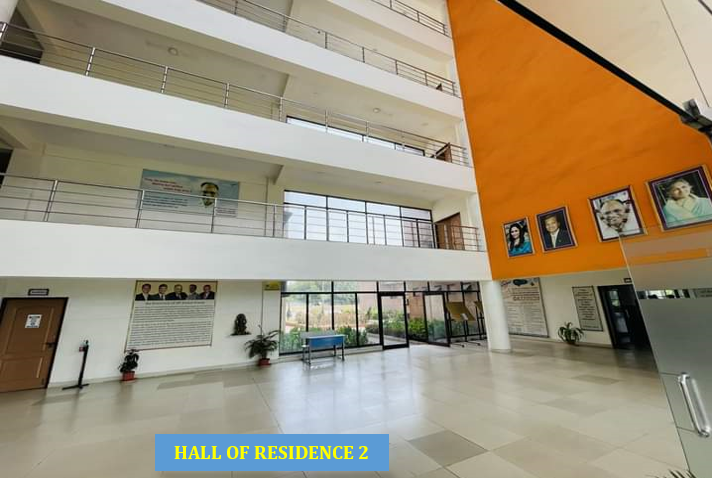
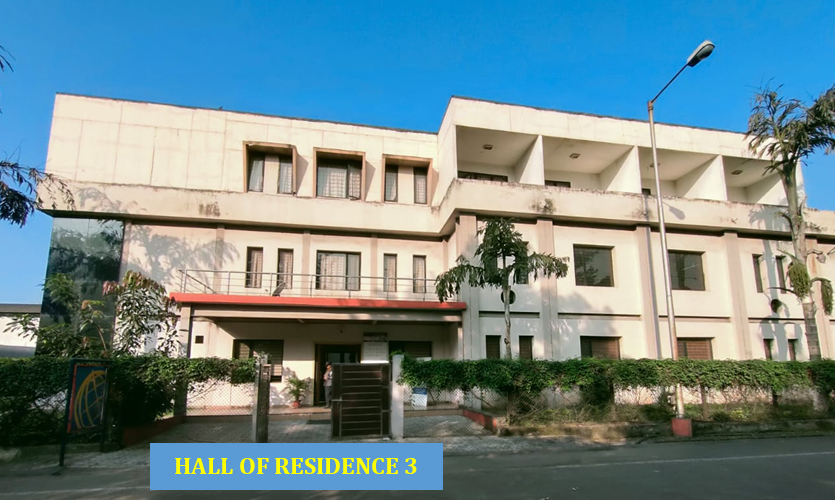
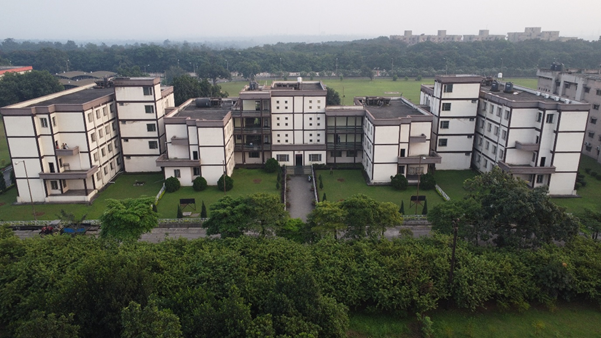
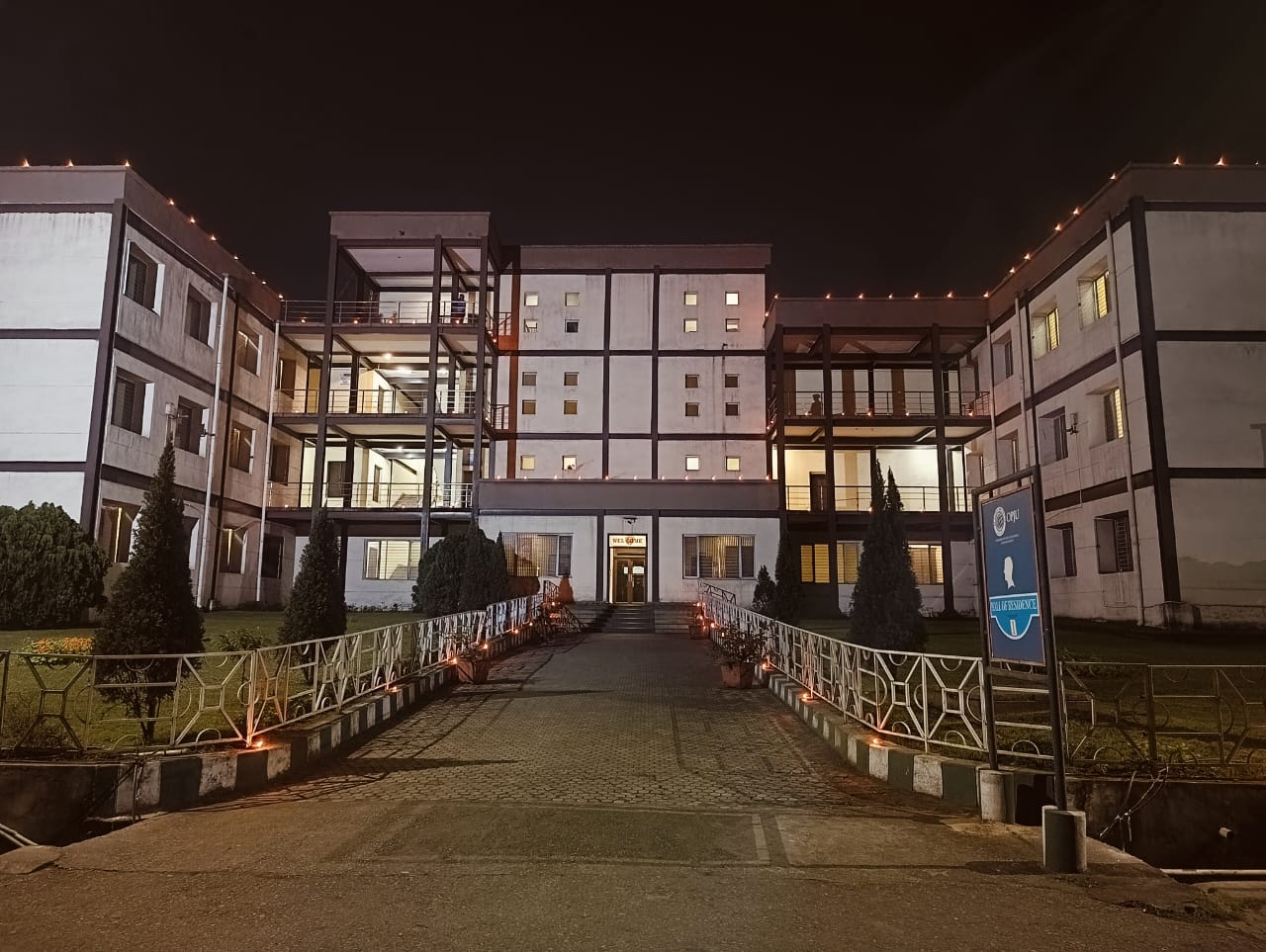


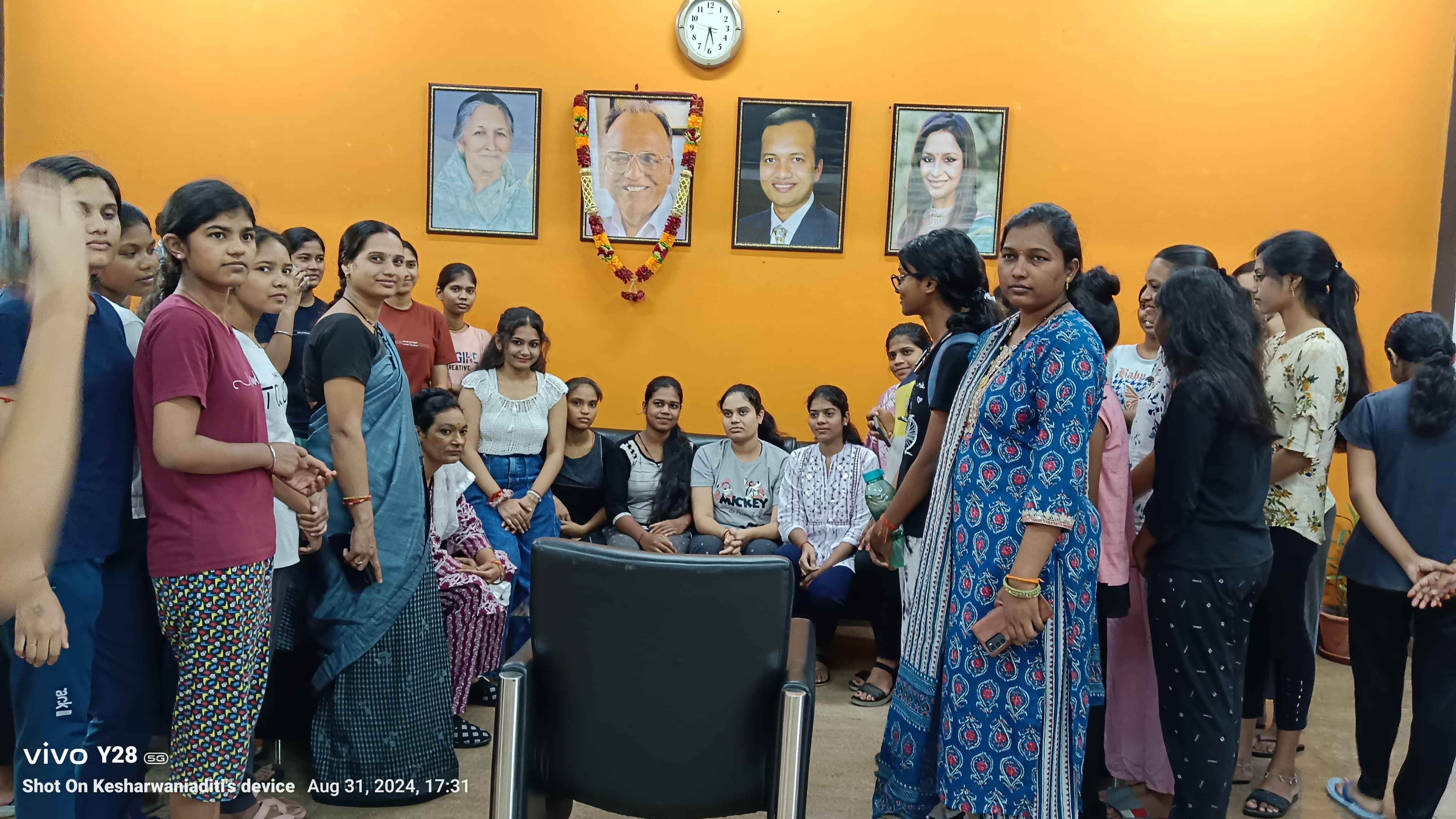

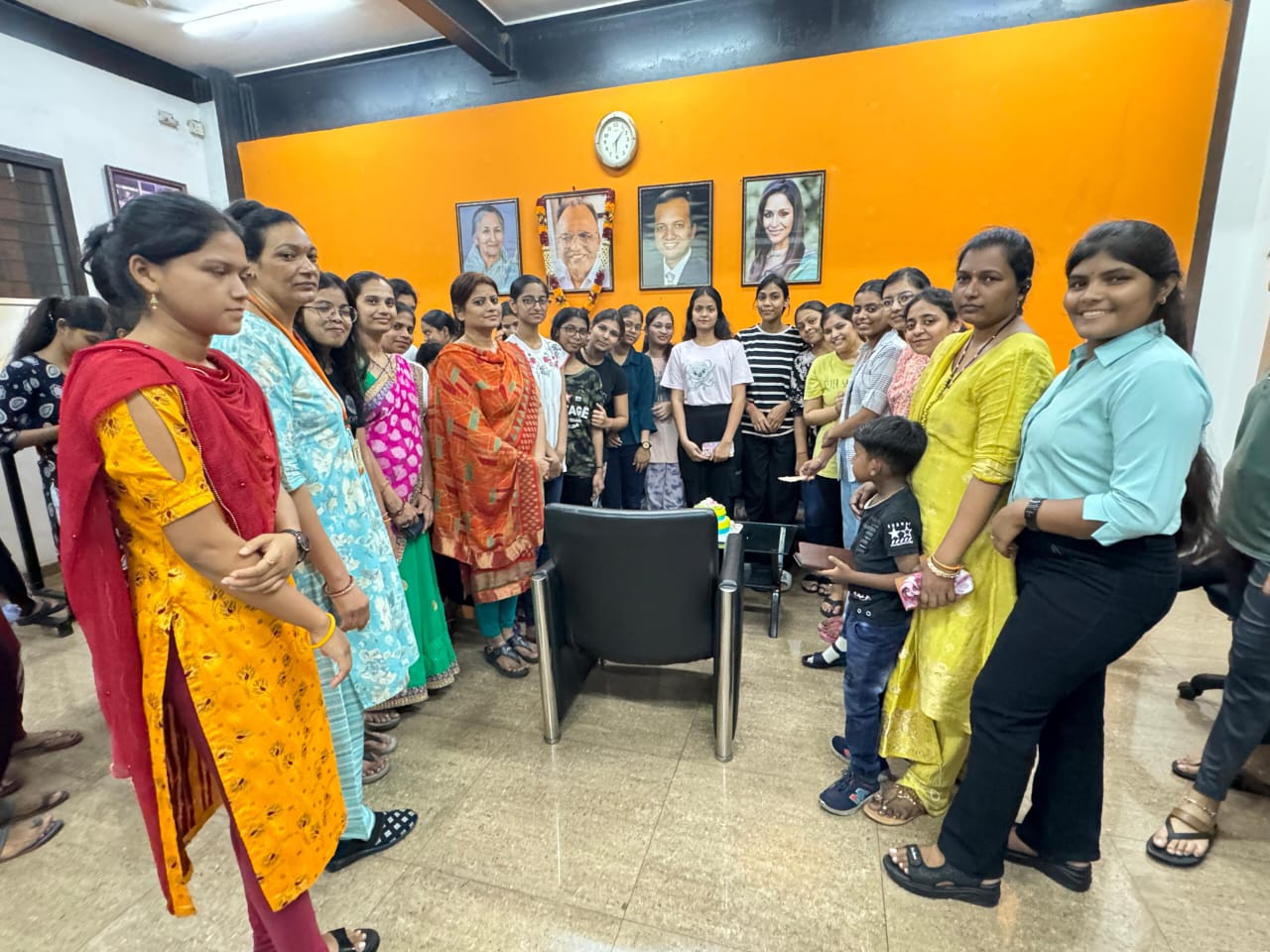
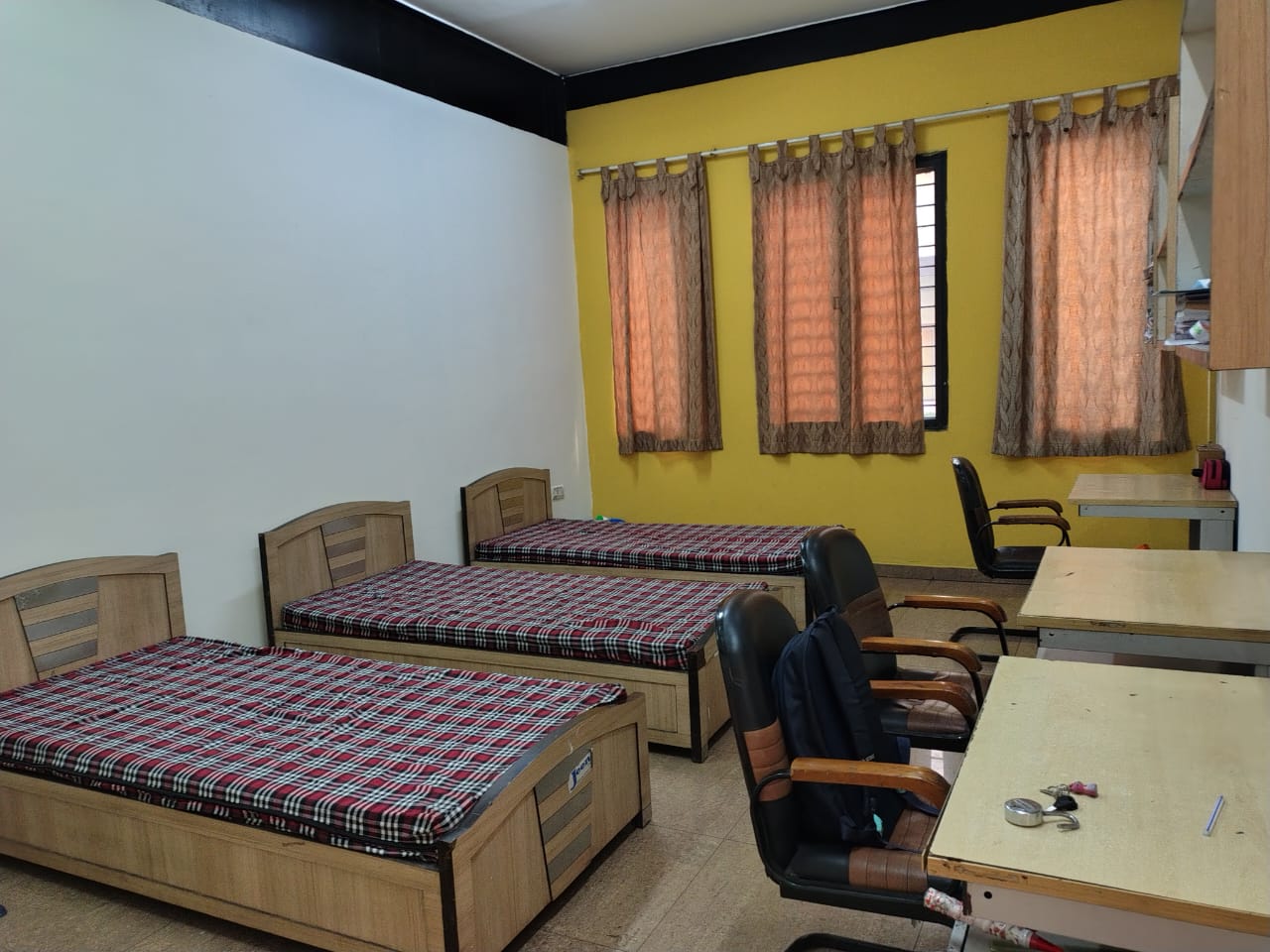

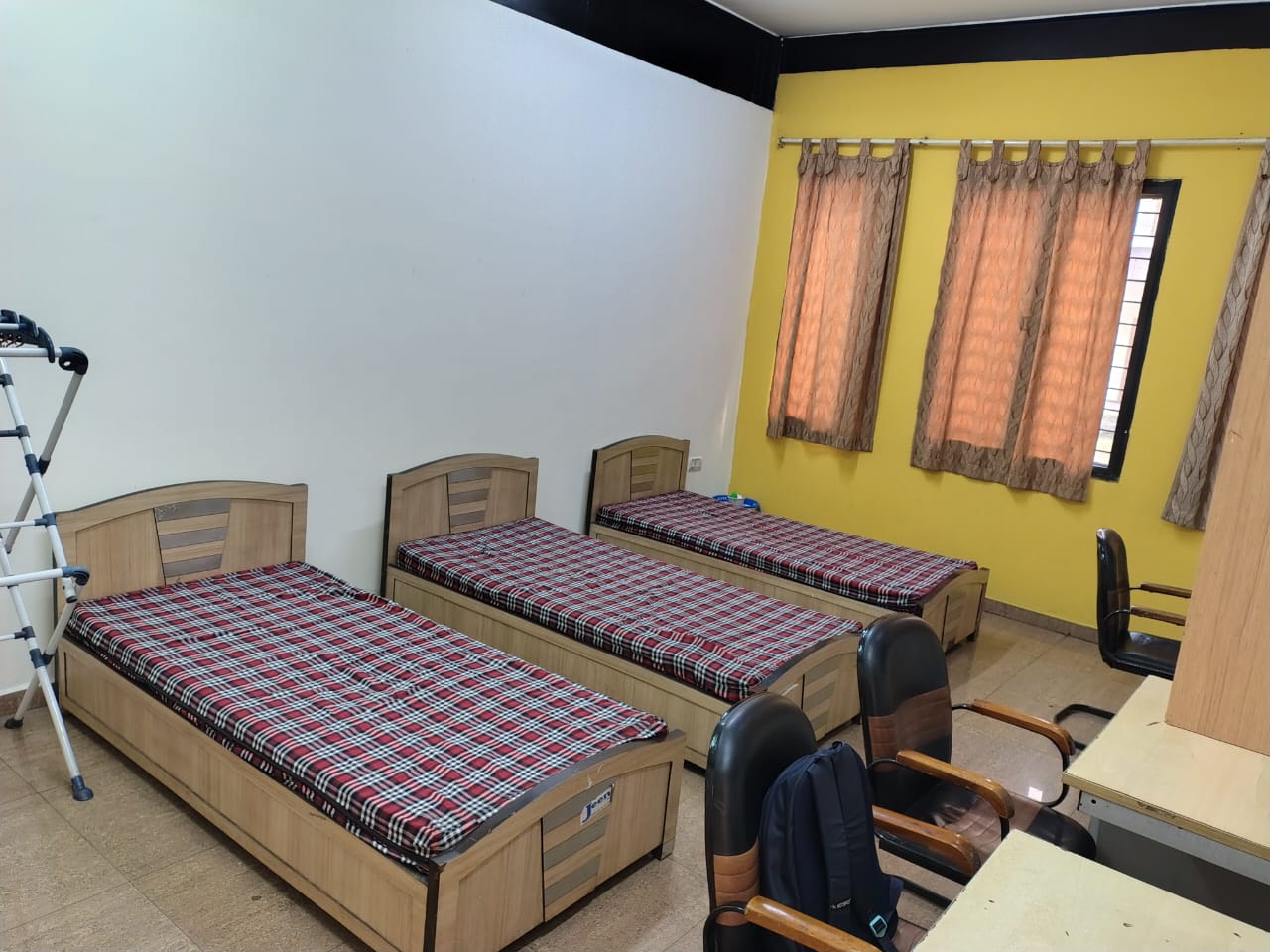
.png)